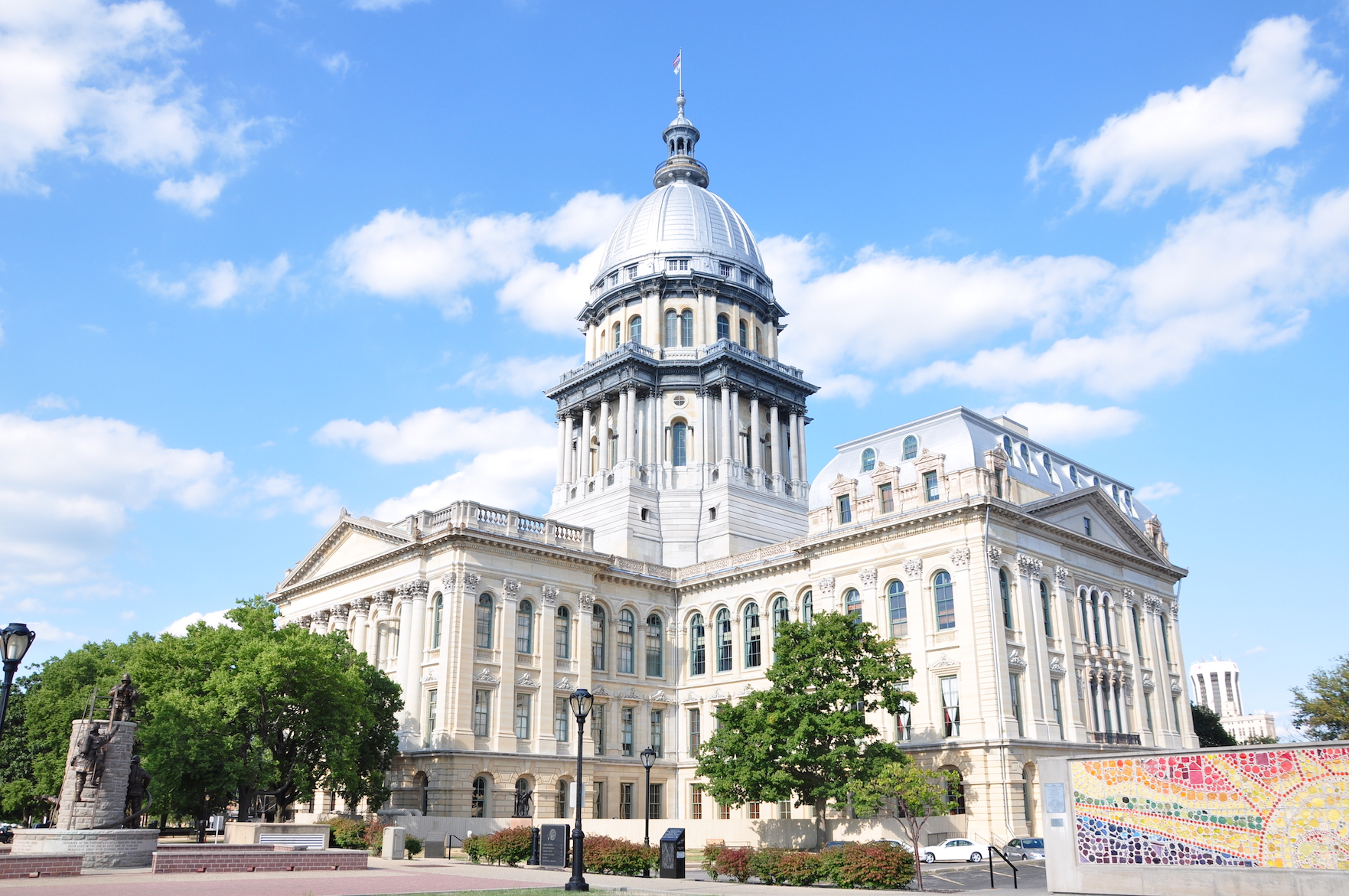Gov. J. B. Pritzker didn’t get everything that he wanted, but as the 2019 legislative session wrapped up in the first few days of June, he could credibly claim to have accomplished more than an Illinois governor had in years. What impact will this have on the real estate industry?
Taxes, financing and gambling expansion
While there’s no promise that property taxes will decrease (or even stop increasing), there are signs that the state may be diversifying its base and might not need to rely on homeowners as their primary piggy banks. The $40.1 billion budget that was approved by lawmakers will send more money to schools, which may mean fewer municipalities will have to rely so heavily on property taxes to fund educational pursuits.
The mere existence of a balanced budget may give Wall Street a bit more confidence in lending to Illinois and could repair state credit ratings that are among the worst in the nation. Other efforts to shore up the state’s finances, such as the proposal for a constitutional amendment that will go before voters next year to move to a graduated income tax, signals that lawmakers are at least serious about tackling the major funding problems the state has been living with for years. Some serving the luxury market may worry this will be yet another incentive for high earners to decamp to low-tax states, but stability is a virtue many investors will appreciate.
Lawmakers also voted to double the state’s 19-cent-a-gallon gas tax, increase the state’s cigarette tax and increase other fees to pay for a $45 billion capital construction program. The “Rebuild Illinois” plan seeks to repair and rebuild state roads, transportation systems, bridges and public buildings. While infrastructure investment doesn’t guarantee more private real estate development, it certainly can’t hurt.
And then there’s the expansion of gaming in the state. After years of public debate, the legislature approved a privately owned Chicago casino, of which the city will get one-third of all tax revenue, earmarked for paying down pension debt. The size of the proposed casino is massive, with up to 4,000 gambling positions (slot machines or seats at a gaming table) being allowed. Though it’s unclear where the Chicago casino will be built, sites including the former Michael Reese Hospital, McCormick Place and the Old Main Post Office have been floated in the past. The bill also allows for additional smaller casinos in the south suburbs, slot machines at both O’Hare and Midway airports, and legalized sports betting.
The pot piece
While the shoring up of budgets was a welcome relief for a state that went without a complete budget for fiscal years 2016, 2017, and part of 2018, the big news centered on the legalization of recreational marijuana.
Surely this will have a larger impact on commercial real estate, but there are important considerations for residential practitioners as well. Indeed, one of the first questions your clients may ask you is whether dispensaries could have an impact on home prices.
While the assumption may be that a nearby store slinging newly legalized marijuana will bring down property values, a research report published in the CATO Institute’s Research Briefs in Economic Policy hints at the opposite effect. Researchers found that single-family residences within 0.1 miles of a retail dispensary conversion increased in value by 8.4 percent relative to houses located slightly farther away (between 0.1 miles and 0.25 miles).
More recently, Clever Real Estate, an agent-matching site aimed at consumers, conducted an analysis of Zillow’s historical home price index and dispensary license data to see if they could uncover any residential property value changes in cities where recreational marijuana had been legalized, regardless of their proximity to dispensaries. They found that, from 2014 to 2019, home values increased $22,888 more in cities that allowed retail dispensaries than they did in those where marijuana is illegal, even while controlling for population and initial home values.
Still, it’s important to realize that the sample size is relatively small, with only Colorado and Washington having had legal recreational cannabis sales for the full five-year period studied.
Colorado and Washington have seen home values increase by 58 and 57 percent, respectively, in the five years since legal commercial sales began. However, Nevada and Florida both beat out these two states with increases of 65 and 60 percent, respectively, without the supposed marijuana boost. (Medical marijuana use was legalized in Nevada in 2000, but recreational cannabis wasn’t legal until 2017. In Florida, medical marijuana is legal while recreational is not.)
Still, researchers at Clever did find that benefits were swift in coming. “States that legalize recreational cannabis see an immediate bump in home values following legalization, even without retail dispensaries opening up,” Luke Babich, co-founder and chief strategy officer of Clever Real Estate, wrote in a blog entry accompanying the research results. “Investors see the opportunity to enter a new market, and home values respond.” In this case, the numbers crunched were a little more varied, since California, Maine, Massachusetts, Michigan, and Nevada all approved recreational marijuana legislation after Colorado and Washington.
Still, as more and more states join the bandwagon, it’s possible the novelty will wear off.
“It seems like the more states that legalize, the less of an impact marijuana will have on the statewide economy and housing market. While local retail dispensaries will open up, all of the other companies that build around cannabis (growers, distributors, warehousing, etc.) will be headquartered in the states that legalize first,” said Thomas O’Shaughnessy, head of research at Clever Real Estate, when asked about the possibility of diminishing returns. “That said, Illinois will be the 11th state to legalize recreational use, and many states still don’t allow commercial sales, so the cannabis market is still young enough to have an impact.”
